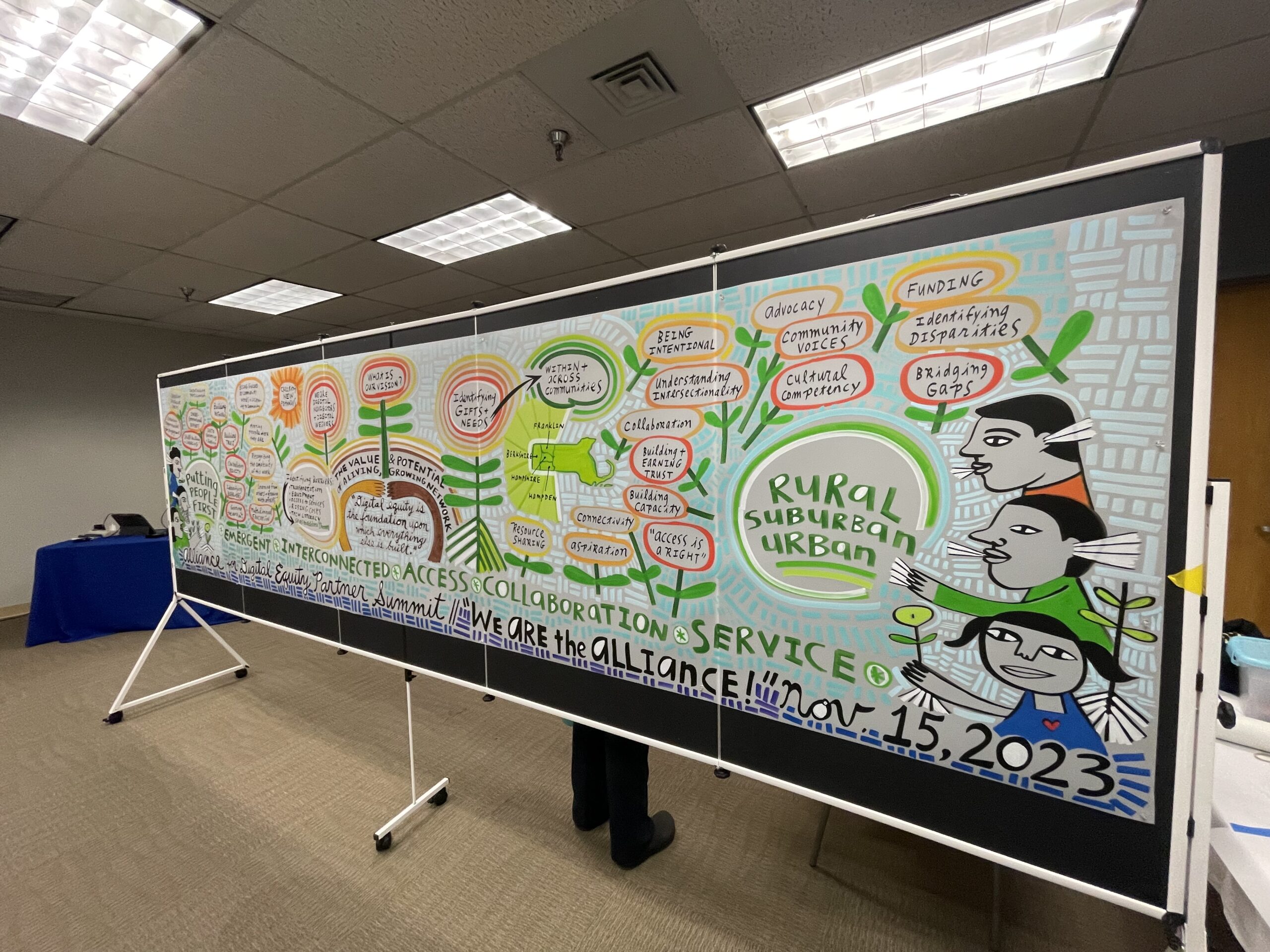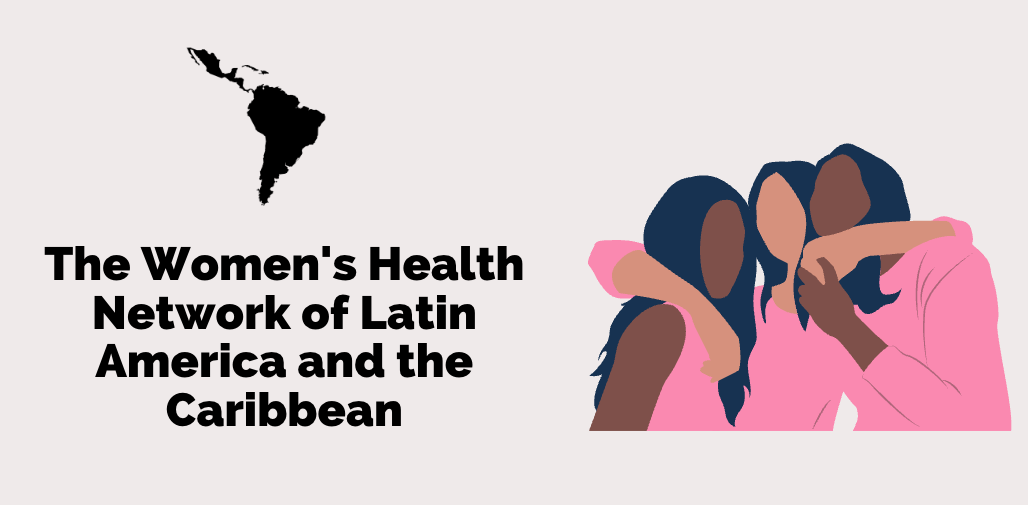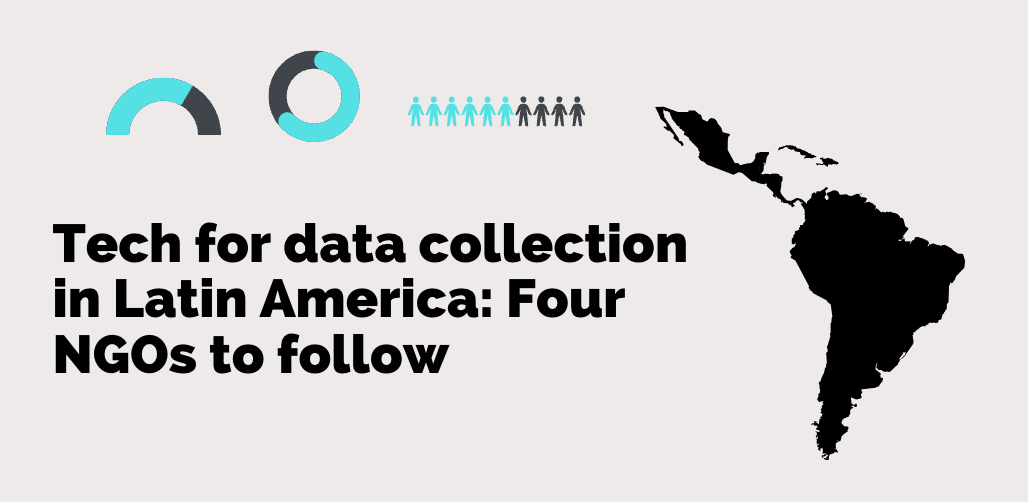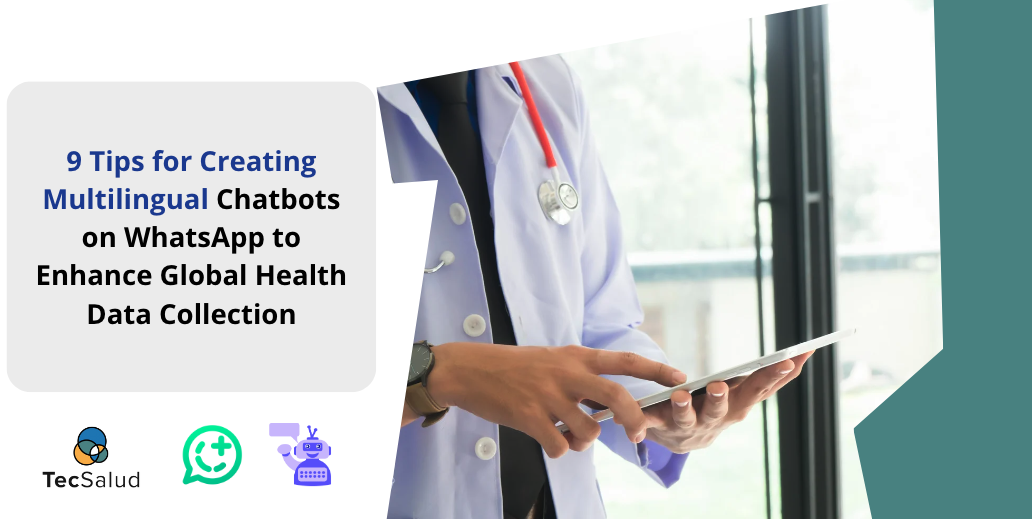There’s a lot of debate about what to call the industry we work in – the industry of applying technology (hardware, software, connectivity) to contribute to social good. Some popular names include “Technology for Good,” “Digital Development,” and “Information Communication Technologies for Development (ICT4D).”
Let’s take a closer look at ICT4D, one of the industry’s most widely-used acronyms. ICT4D as a term has a wide reach – it can be seen in large conferences, job boards, and tagged as a communication category on major development websites. It’s frequently hashtagged on Twitter and other social media channels.
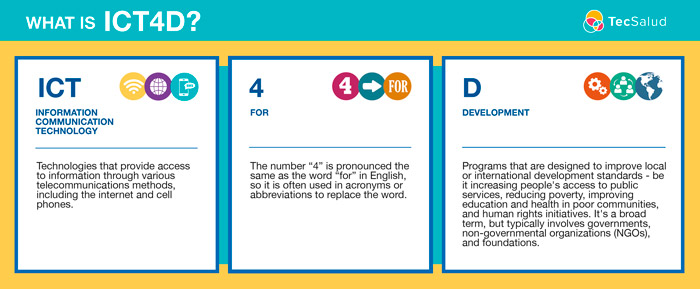
But here in Latin America and the Caribbean, we hesitate to use the term ICT4D. To start, acronyms don’t translate well. In Spanish, ICT4D (“TIC para el desarrollo”) isn’t as straightforward as a translation for digital development (“desarrollo digital”).
Differences between something so small as a hashtag can have lasting downstream effects. Spanish-speaking programs that receive limited or no funding from English-speaking sources may not know the term ICT4D. They then end up less connected to the wider ICT4D industry and its resources – something we write about in our last blog.
Every industry has acronyms, buzzwords, and hashtags. But if we can choose between a complicated acronym and a relatable term like digital development, shouldn’t we pick the simpler, more inclusive option?
For this reason, we prefer to use the term digital development.
Digital Development in Latin America and the Caribbean
Searching for “digital development” (or “ICT4D” or “Technology for good”) will yield program examples and online communities to help expand on your ideas for incorporating technology into your work. In Latin America and the Caribbean, these are a few examples of digital development at work.
 Qualcomm Wireless Reach & El Salvador Government implemented a citizen security program which includes crime reporting, mapping and law enforcement training on the technology. (link in English)
Qualcomm Wireless Reach & El Salvador Government implemented a citizen security program which includes crime reporting, mapping and law enforcement training on the technology. (link in English)
Doctors and Patients, Brazil Doctors and families used WhatsApp in Brazil to communicate about Zika and connect about managing positive cases through social support groups. (English)
Tula Salud, Guatemala uses mobile phones with Community Health Workers in rural health programs to collect, share and manage data. They’ve also impemented a robust telemedicine program for community health. (English/Spanish)
Caribbean Open Institute, Caribbean Region Is an online resource and regional coalition that promoting open data initiatives and offers capacity building, education, research and technical assistance across many digital development topic areas. (English)
The Brazilian Government has partnered with UNESCO on a number of data collection and rural development initiatives using technology. Their Regional Center for Studies on the Development of the Information Society (CETIC) site contains a number of examples of ICT4D programs across Brazil. (English/Spanish/Portuguese)
Fundapi, Ecuador is an organization that delivers technology capacity building workshops such as Facebook for activism, Twitter for social organizations, strategic internet use for NGOs. (Spanish)
MAKAIA, Colombia implements a number of technology access and training programs. They utilize library spaces to deliver technology for development initiatives and work with the country’s rural communities to address the digital divide. (English/Spanish)
Engaging with Digital Development
Whether you fit one of these profiles or you’re using internet connectivity, phones, computers, or technology devices to contribute to the betterment of something, you are a welcome member of the digital development industry!
We encourage you to introduce yourself and your work in any language you’d like. Sign up for forums and virtual events to introduce yourself and your work. The community could greatly benefit from learning about your digital development experience and expertise in Latin America and the Caribbean, too.
As a start, we’re sharing a list of free go-to resources. Keep in mind much of the material that exists is in English, so send us a note if you have questions or resources available in more languages.


